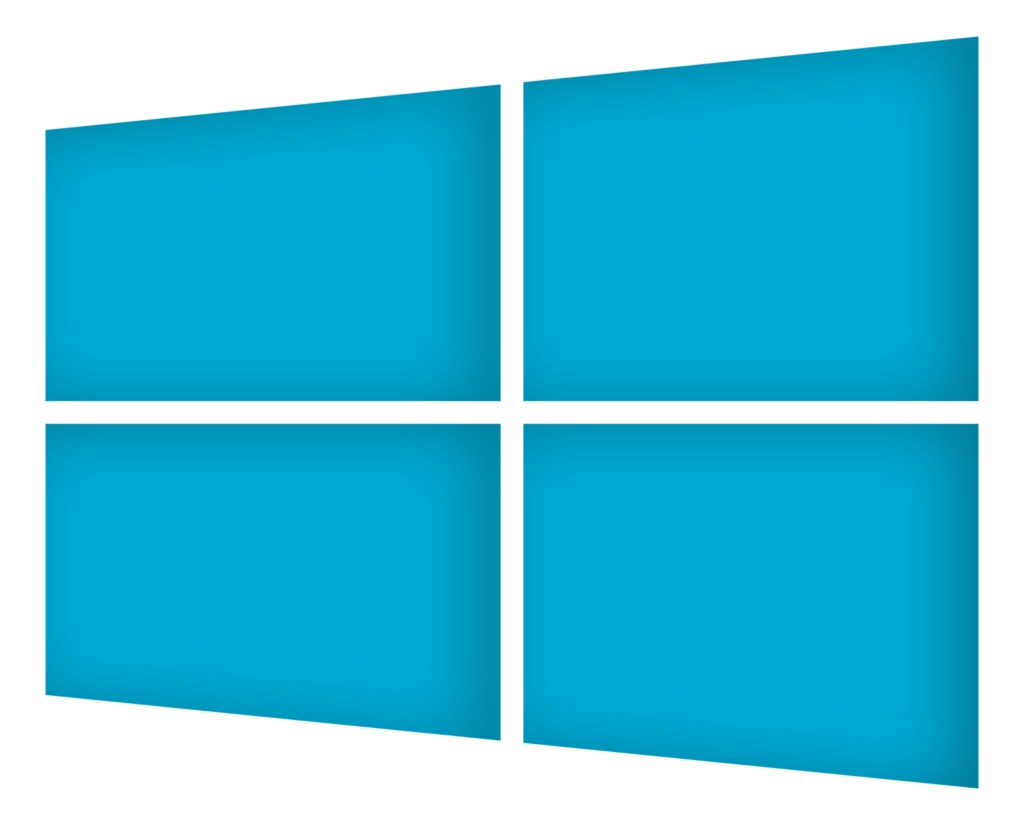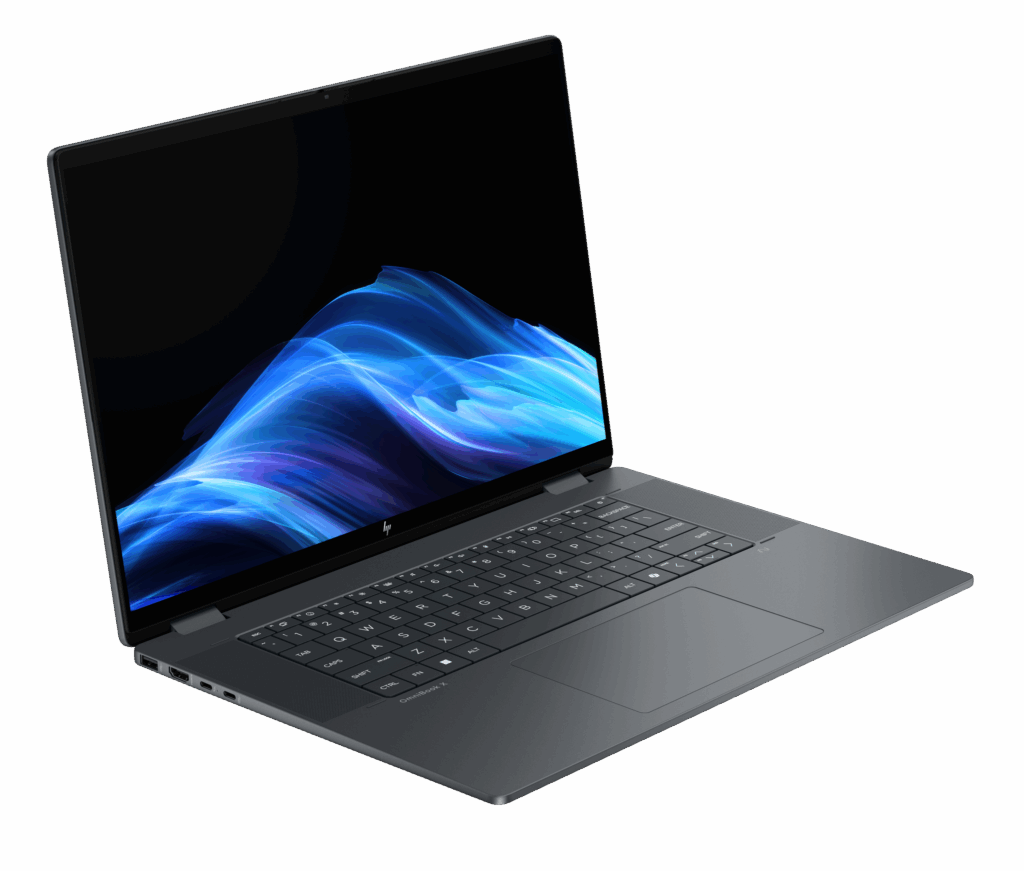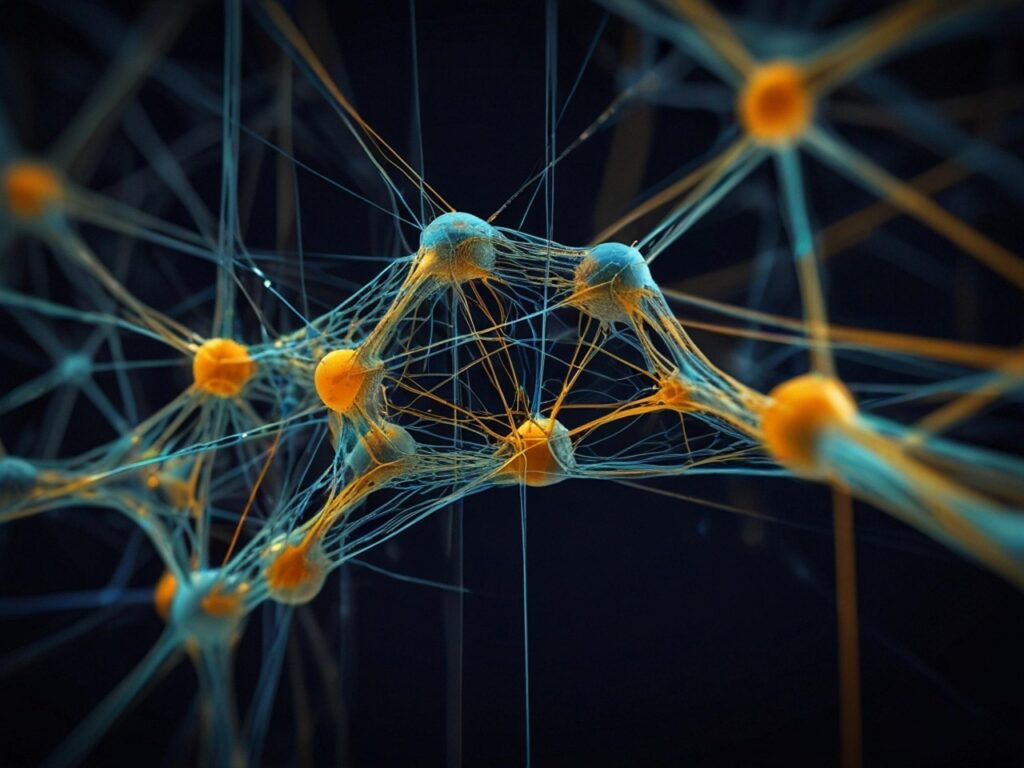This month Microsoft gave a briefing on the coming features for Windows 11 with some of the most compelling having to do with security and management. However, what really caught my eye was the promise that AI (artificial intelligence) technology was being applied to the product and that, increasingly, Windows 11 would be adapting dynamically to the way you work. This has long been a promise of AI applied to computer interfaces, that instead of us having to learn to work with computers, they, would learn to work with us.
This would be huge because each of us is somewhat unique in both what we do and how we do it. I have noticed that Office 365 has also been getting smarter, its editing tools have advanced and are certainly less annoying than Grammarly (which I also use), and predictive typing almost seems to be able to tell the future.
Let’s jump ahead to the end of this decade and talk about what this may mean for the next generation of Windows, Windows 12.
Windows trends
This is pure speculation but based on how Windows 10 advanced from Windows 8, and Windows 11 advanced from Windows 10, I think we can see a new trend. This trend has elements that include an advancing integration between cloud and desktop Windows implementations, a big increase on the security focus for the OS, more automated management and deployment tools, better integration between Android and Windows, and finally, a huge advancement in AI.
This is very different from how Windows started as a graphical user interface for DOS. Much of its life was spent better integrating and simplifying that interface so that the graphical user interface is firmly integrated with the OS, which has become more tightly tied to cloud resources over time.
But since Satya Nadella’s rise to company leadership, the focus has shifted sharply to interoperability, security and cloud integration, all of which promises a very different strategic future for the platform.
Windows 12
I think it’s likely that Windows 12 will be largely a cloud construct that can also run locally when needed. Rather than two OSs, Windows 11 and Windows 365, Windows 365 will remain but not be exclusively cloud based. If you have the bandwidth, it will favor a cloud instance. If you have better desktop performance, it will favor a local instance but can still shift between them dynamically if you lose your internet connection or it degrades, or you need power that isn’t available on your PC.
These dynamic shifts, which clearly will come with more flexible pricing programs based on use. The level of capability for a laptop should explode as it is able to pull from cloud resources using 7G more effectively, which should be coming to market at the same time. 6G is due around 2025.
Office and Windows will become even more tightly integrated as both offerings increasingly use AI and what they know about their users. This coupling will dynamically modify the user experience to optimize both products to the user. The AI integration will also allow the system to better comply, when necessary, with corporate policies (increasingly enforced by AI-driven administrators) to provide a customized user experience such as hasn’t been achieved before.
Security will be near absolute with a blend of technologies looking for known malware and for behavior that the platform can automatically mitigate from unknown malware, hackers or employees’ mis-actions, intentional or not.
Desktop performance needs should decline in favor of network performance as the cloud is increasingly used for both the applications to run at full performance and for the increased use of AI to perform optimally.
And we should see the return of something like Cortana by then (most likely sooner) as a full-on partner and helper that will be able, with that future version of Office 365 to do ever more complete jobs for you like crafting a paper or presentation from your notes, or a relatively simple outline. And I still hold out hope that, when Cortana returns, it will be implemented as a 3D avatar.
Wrapping up
Windows 11 has been advancing impressively fast. Having been out for only a few months, it now faces a huge advancement in security, manageability, productivity and automatic user adaptation. This last is, I believe, a precursor to the computers of tomorrow that will evolve to be more like those seen in the Halo TV show and video game: interactive, helpful, and adaptive so they learn how you work as opposed to the other way around.
I think it is going to be awesome that Microsoft is again on the path to pivoting the PC market to a new tomorrow, one that is more secure and user friendly, and where the computer evolves into a co-worker and partner to become a tool that we rely on instead of an annoyance.
- The HP OmniBook X Flip 2-in-1 16-Inch: Your New Digital Swiss Army Knife (Now in Glorious Atmospheric Blue) - June 25, 2025
- The Open AI Avalanche: Why AMD’s Collaborative Spirit Is Outmaneuvering NVIDIA’s Empire - June 22, 2025
- Lenovo Embraces OpenBMC: A Step Towards Greater Transparency and Control in the Data Center - June 17, 2025



